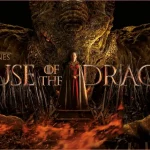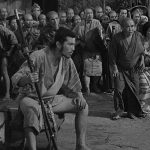The Irishman (2019)
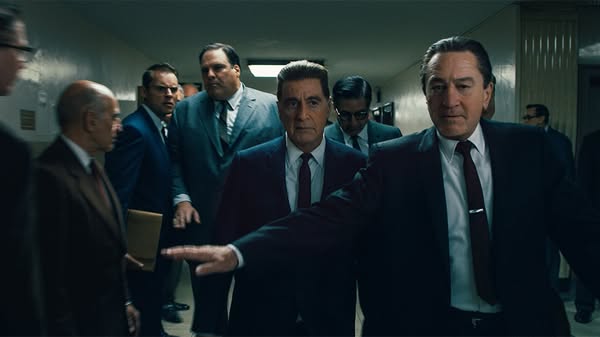
The Irishman (2019), directed by Martin Scorsese, is an epic crime drama that masterfully weaves together themes of loyalty, betrayal, and the passage of time. Based on Charles Brandt’s book I Heard You Paint Houses, the film chronicles the life of Frank Sheeran (played by Robert De Niro), a hitman who claims to have been involved in the disappearance of legendary Teamster leader Jimmy Hoffa (Al Pacino).
Set against the backdrop of post-World War II America, the narrative spans several decades, offering a sweeping view of organized crime and its intersection with politics and labor unions. Scorsese employs a non-linear storytelling approach, utilizing flashbacks to reveal Sheeran’s complex relationships with Hoffa and mob boss Russell Bufalino (Joe Pesci). This structure enhances the film’s exploration of memory and regret, emphasizing how choices made in youth reverberate through time.
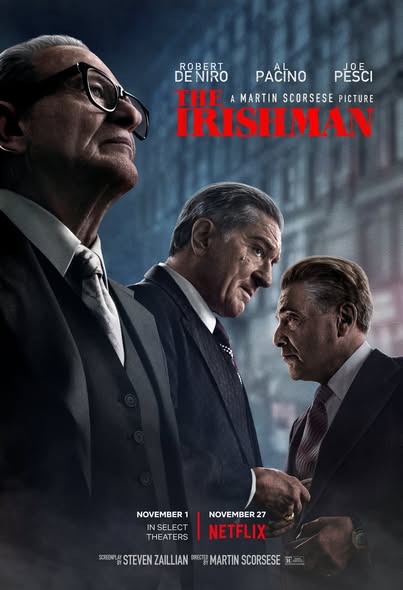
The performances are a standout feature, with De Niro delivering a nuanced portrayal of a man grappling with his past and the moral implications of his life choices. Pacino’s portrayal of Hoffa is equally compelling, capturing the charisma and volatility of the infamous union leader. Pesci, in a rare return to dramatic film, provides a chilling yet understated performance as Bufalino, grounding the film’s more extravagant elements in realism.
Visually, The Irishman showcases Scorsese’s signature style, featuring meticulous attention to detail and a rich color palette that evokes the eras depicted. The film’s pacing, while deliberate, allows for an immersive experience, inviting viewers to reflect on the weight of the characters’ decisions.
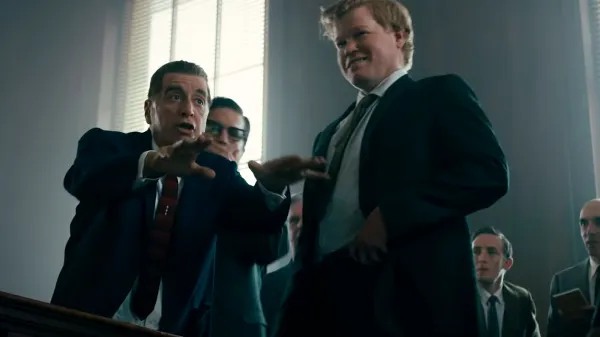
The film’s use of digital de-aging technology to portray the characters at various ages has sparked discussions about its effectiveness. While some viewers embraced the innovation, others critiqued it, raising questions about the balance between technology and storytelling.
Thematically, The Irishman is a meditation on mortality and the consequences of a life steeped in crime. It challenges the romanticized notions of mob life often seen in cinema, presenting a more somber and introspective view of its characters’ fates. The film’s poignant final moments serve as a powerful reflection on isolation and the toll of a life lived in the shadows.

In conclusion, The Irishman is a monumental achievement in cinema, blending rich storytelling with profound character studies. Scorsese’s direction, coupled with stellar performances from an accomplished cast, creates a haunting narrative that resonates long after the credits roll. It stands as a testament to the complexities of loyalty, the inevitability of time, and the moral ambiguities that define the human experience.






